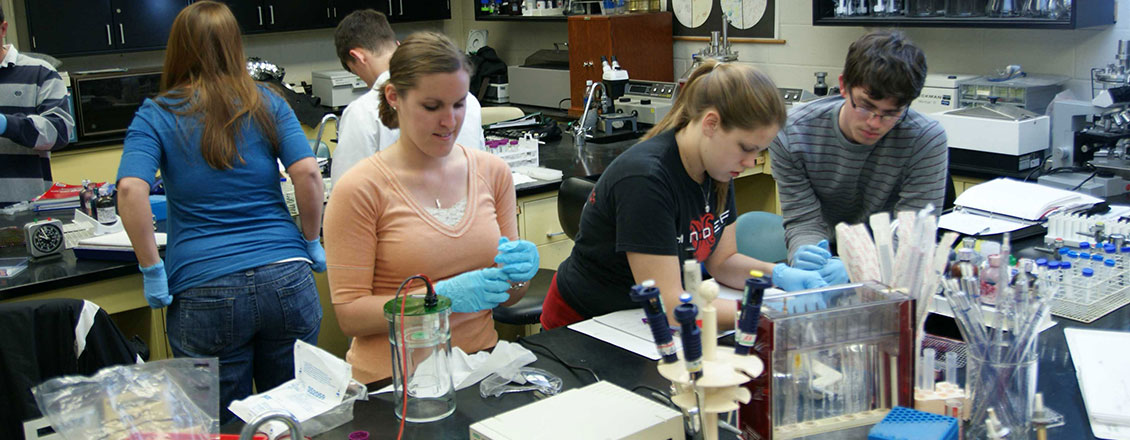The Department of Biological Sciences has a number of specialized facilities that
our graduate students and faculty use for research. These facilities include:




